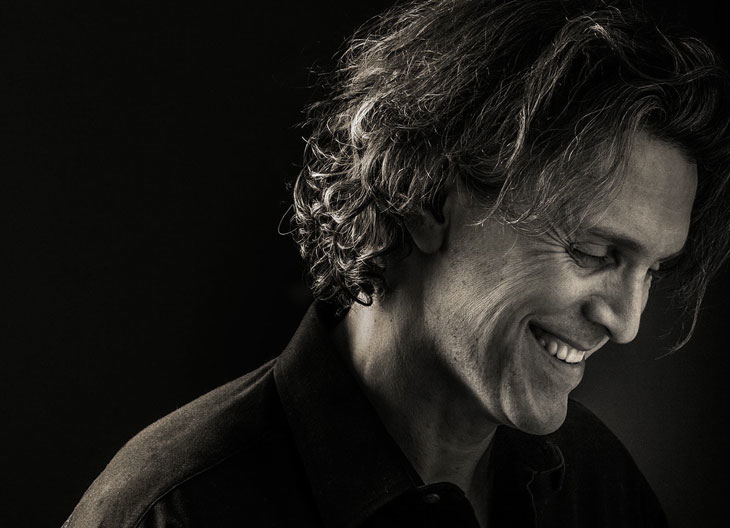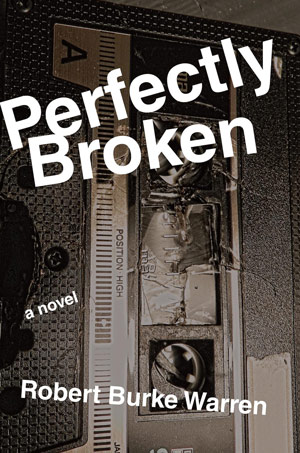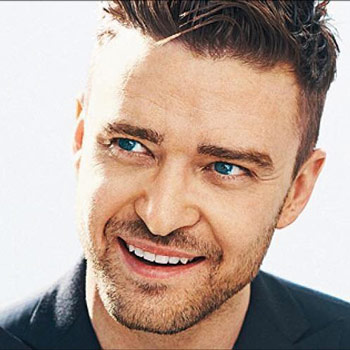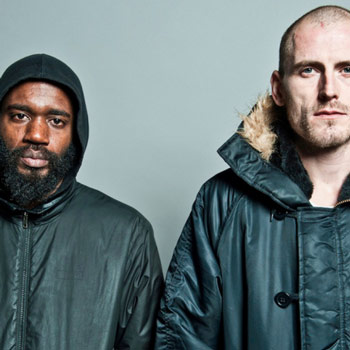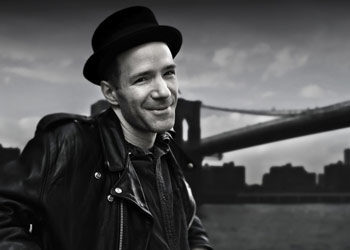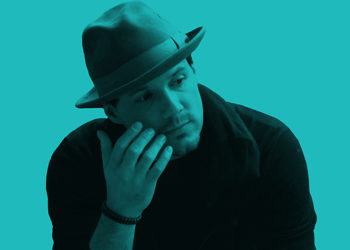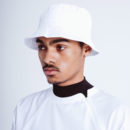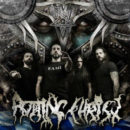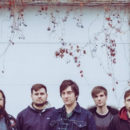Robert Burke Warren 7 Questions
Music has played a major role in Warren’s personal life and his career has included stints with RuPaul, The Fleshtones, and auditions for the B-52s and The Ramones. A soundtrack of frenzied guitars also weaves through the lives of Perfectly Broken’s angst-riddled characters, who say things like, “I am pear-shaped where I once was Bowie-thin,” and “Parenting is not unlike living with a drunken, howling, megalomaniac midget lead singer.” They reminisce of the rock-and-roll club nights of their youth, while bending to the burdens of their newly discovered adulthood; they battle personal demons and endure tragic circumstances, all the while yearning for that human connection.
In the novel, Grant Kelly loads his wife, four-year-old son, and all his worldly possessions into a ’95 Camry and trades the punk streets of New York City’s East Village for a 100-year-old farmhouse in the country, where he becomes a stay-at-home dad. For more information about Warren and the book visit his website.
Where did you grow up?
I was raised in the south; a single mom, a Southern belle grandmother, and I ended up in the early ‘80s with rock and roll, MTV, and new wave.
What brought you to New York in the 1980s?
I was eager to put myself into a world that was totally different than what I knew, and to be independent. I got into Emerson College, the BFA program in theater, and then I thought, instead of doing that and going into debt, I’m going to move to New York, start a band, live on my own and be poor.
The book seems to mirror your life to some extent. Where does reality end and creativity begin?
It has elements of autobiography in it, and there are similarities between the protagonist and me, but it is fiction. It’s interesting when people read it, because there are things in there that really did happen that people don’t believe, and then there are things that didn’t happen that people are sure really did.
What did your wife and son think?
They loved it. I told my wife, “Look, people are going to think this is us.” To my eternal gratitude, she was cool with it. I also sat down with my son and said, “People are going to think this kid is you, and it’s not.” When I was a stay-at-home dad, those were some of happiest years of my life. It wasn’t without difficulties, but my protagonist is a lot more ambivalent and conflicted about parenting than I ever was. As a parent your main impulse is to protect your kid, to shield them from harm. But as a writer you have to put them in some real dark situations and then shepherd them out of it. It was a little bit of an antidote for me to try to be a good dad in my real life.
What’s the book about?
Musicians in love, musicians behaving badly—and the people that love them.
Music remains a big part of your life. What were your formative years in the music business like?
RuPaul was the singer of my first band, when I was 17. He was 20. And The Fleshtones were a defining two years of my life. I joined the band when I was 22. We toured colleges and clubs in the U.S. and would do all right, but when we went overseas it was crazy. They loved them in Europe. It was a wonderful time, but after a couple of years I was done and wanted to do other stuff.
What inspired you to write a novel?
I started writing the book the winter after Hurricane Irene, in late 2011. Irene devastated my town. We were sort of in the 19th century for eight or nine days. You realize Mother Nature really does bat last, and that lit a fire under me.
My main focus was to create a world where people who could be my peers go through trials that everybody goes through. Regardless of whether you’re a plumber, a banker, or a musician, if you make it to mid-life there’s no way that you’re not going to deal with loss, grief, joy—these really defining moments that come through crisis.

